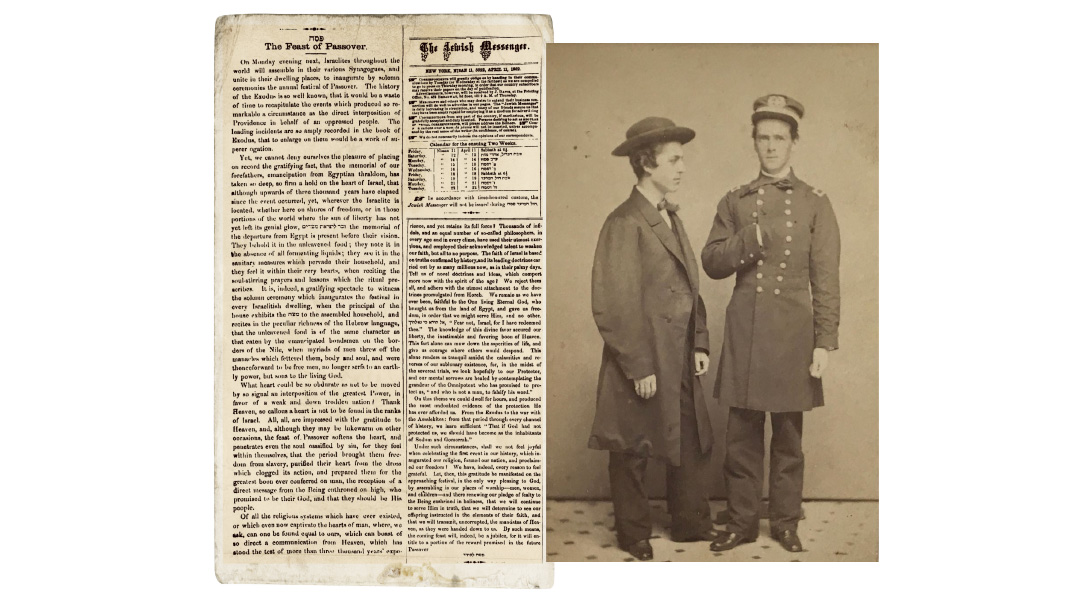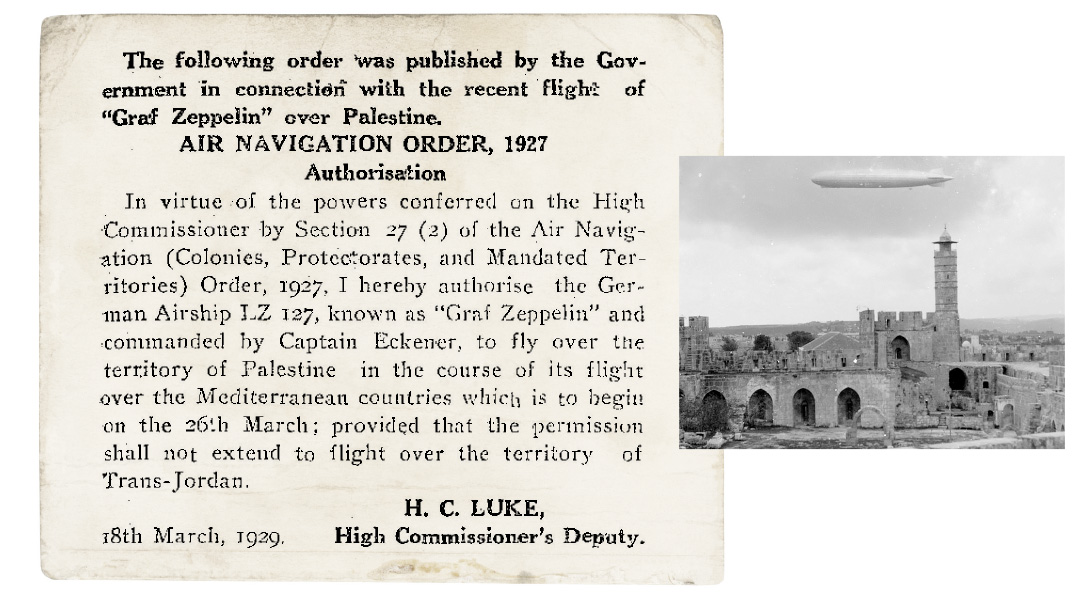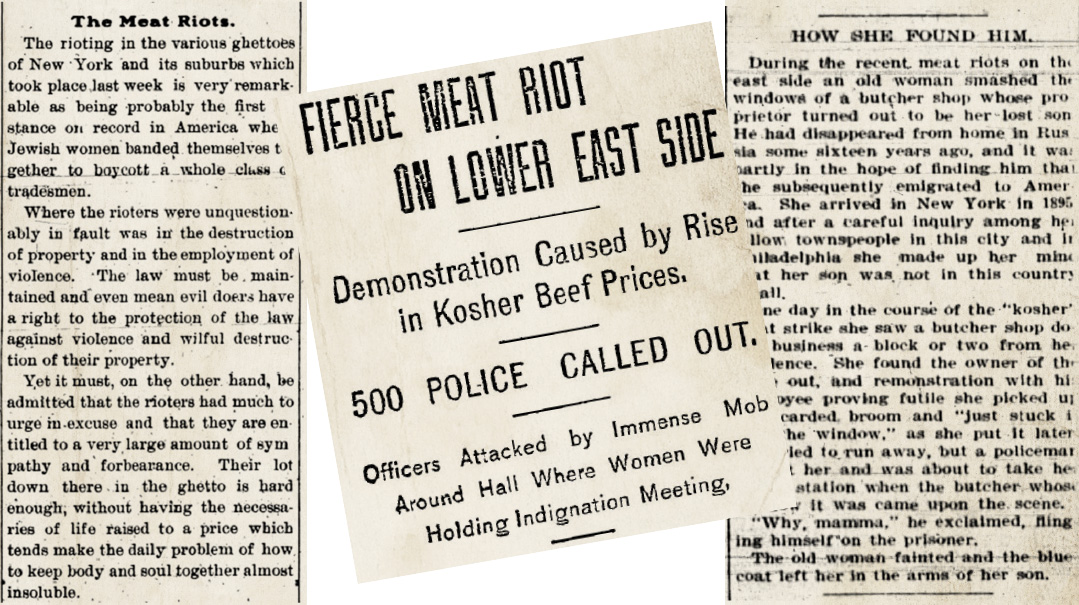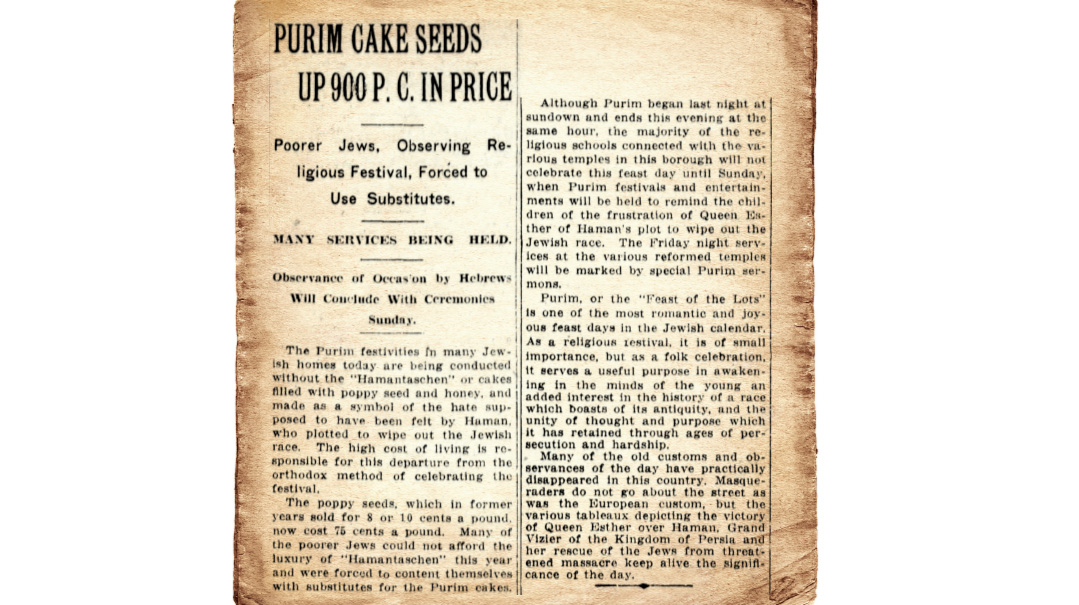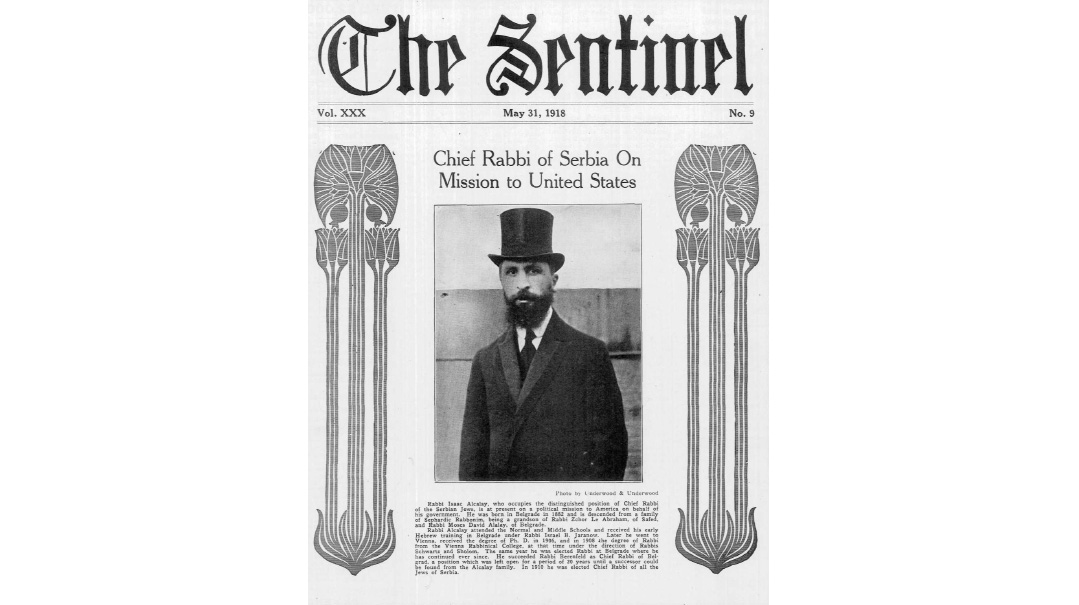Building Brisk
| February 1, 2022From this cadre of talmidei chachamim emerged an entire generation of roshei yeshivah and marbitzei Torah
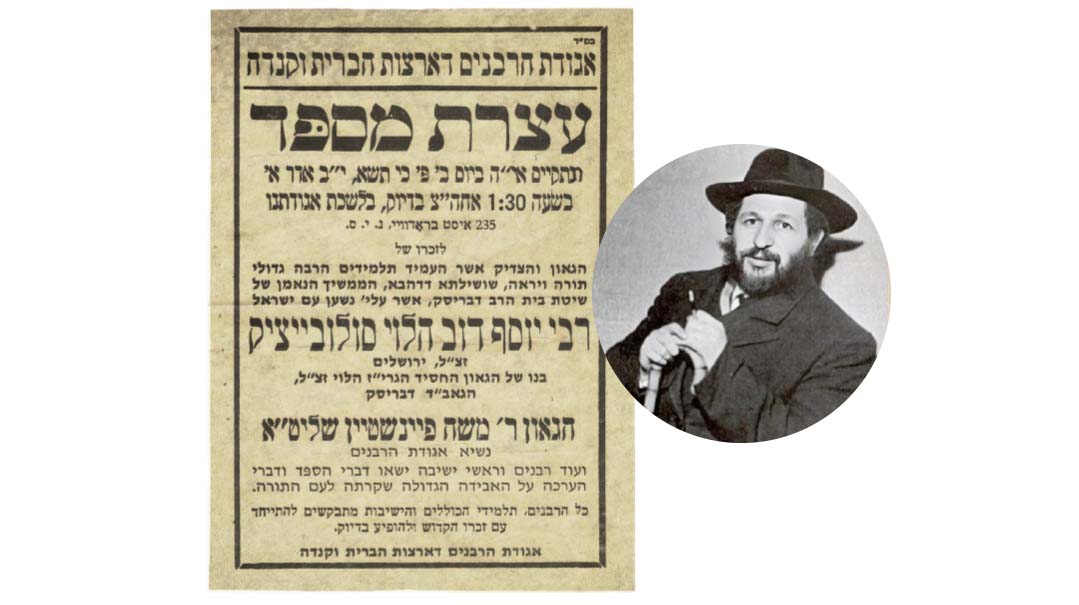
Title: Building Brisk
Location: Yerushalayim
Document: Hesped announcement poster
Time: 1981
The oldest child of Rav Yitzchak Zev and Rebbetzin Alte Hindl Soloveitchik, Rav Yosef Dov (1916–1981; alternatively Rav Yoshe Ber, or Rav Berel) was his illustrious father’s right-hand man. The Brisker Rav’s many health issues required him to spend several months each year in the resorts of southern Poland or Czechoslovakia, and inevitably the one who accompanied him was Rav Berel.
The war’s outbreak found the Rav in Krenitz with Rav Berel. The two made it back to Warsaw, but were unable to return to Brisk. Their harrowing flight took them to Vilna, and following the Rav’s escape with six of his children to Eretz Yisrael in 1941, Rav Berel remained alone there. His mother soon arrived in Vilna to obtain the visa her husband had arranged, but the visa office was closed that day. Despondent, she returned to Brisk, but not before taking leave of her oldest son. A poignant meeting, as Rav Berel was to be the last surviving family member to see Rebbetzin Alte Hindl. She and three of their children were murdered by the Nazis outside of Brisk.
Following his arrival in Palestine, Rav Berel married Ettel, the daughter of Rav Yitzchak Weinstein. A talmid of Lida, Mir, Novardok, and Kelm, he had served as the mashgiach of Baranovich before World War I when it was a branch of Novardok. Several years later he served as mashgiach of Rav Shabsi Yogel’s yeshivah in Slonim, before being appointed by Rav Yaakov Shapiro as the first-ever mussar mashgiach of Volozhin Yeshivah in 1925, when the mussar movement finally made inroads there following its reopening in the 1920s. At the outset of the war, Rav Yitzchak Weinstein was able to escape to Eretz Yisrael, where Rav Berel became his son-in-law.
The Brisker Rav had Rav Berel commence delivering chaburos to a group of talmidim in 1950. This was to be the nucleus of the future Brisk yeshivah. After his father’s passing in 1959, Rav Berel desired to host the yeshivah in the Rav’s former home on Rechov Press. The apartment wasn’t owned outright by the family, but had been rented long-term under a system known as shlissel gelt. Rav Berel’s younger brother Rav Refoel entered protracted negotiations with the landlord to retain control over the dwelling — efforts that ultimately bore fruit. Yeshivas Brisk was born.
Rav Berel regularly delivered the daily shiur in his own modest home on Rechov Menachem. The lack of space necessitated a division of shifts to hear the shiur — which Rav Berel oftentimes repeated several times a day. He also inaugurated the custom of the weekly Motzaei Shabbos Chumash shiur, which became a springboard for voicing his opinion on many issues of the day.
Over the subsequent decades Rav Berel taught hundreds of talmidim. From this cadre of talmidei chachamim emerged an entire generation of roshei yeshivah and marbitzei Torah. The environment he created, in which the unique Torah tradition of Brisk is taught and lived, reverberated to study halls worldwide.
Cream of the Crop
Many influential roshei yeshivah in America today are talmidim of Rav Berel. The impressive list includes Rav Shlomo Avigdor Altusky, Rav Avraham Ausband, Rav Yudi Bakst, Rav Chaim Mendel Brodsky, Rav Elya Brudny, Rav Kalman Epstein, Rav Chaim Ozer Gorelick, Rav Sholom Kamenetsky, Rav Malkiel Kotler, Rav Dovid Magid, Rav Yosef Mermelstein, Rav Shlomo Feivel Schustal, Rav Yitzchok Sorotzkin, Rav Meir Stern, Rav Yudi Svei, and Rav Elya Ber Wachtfogel.
Mourning in the Afternoon
Hespedim were delivered by Rav Moshe Feinstein, as well as by Suvalker Rav and RIETS rosh yeshivah Rav Dovid Lifshitz, and famed posek Rav Moshe Bick. Rav Yaakov Neiman was a special guest from Chicago; he had grown up in Brisk as a close talmid of the Brisker Rav, and was friends with Rav Berel.
The Yahrtzeit of Rav Yosef Dov Halevi Soloveitchik is this Thursday, 2 Adar.
(Originally featured in Mishpacha, Issue 897)
Oops! We could not locate your form.
